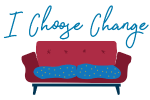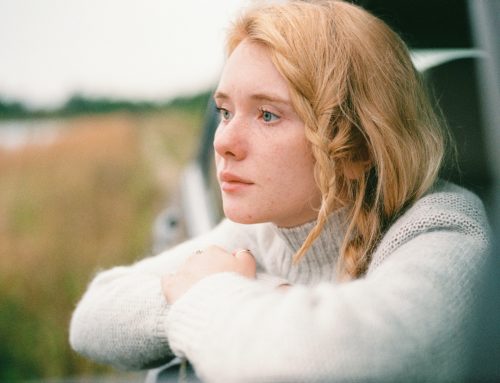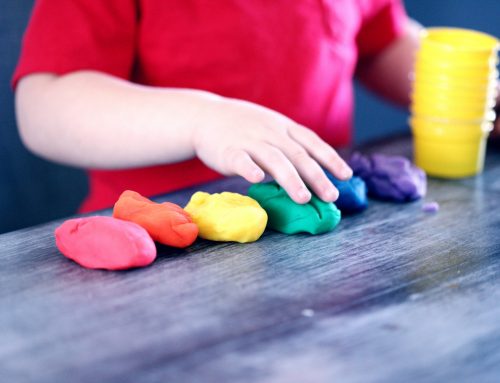Recently, a fellow cancer survivor friend was asked by a publication to write a piece about an experience that she had with her journey through cancer. She agreed, always happy to spread more awareness of the challenges of this devastating, harrowing feat that many go through. She poured her heart out, speaking authentically about both her challenges and her triumphs, but she quickly received feedback from the editors. They wanted a more “positive” piece, and wondered if she could simply edit out some of the struggle? Simple? No. Absolutely not.
My Cancer Journey
As a cancer survivor myself, I have frequently been put in a position where others have expected me to minimize, or even ignore, my lived experiences in order for them to feel better. When that happens to me, the first feeling I am aware of is anger. Because anger is a secondary emotion, once I calm down a bit, I’m able to see what what’s really staring me dead-center is the feeling of abandonment. People become so scared and uncomfortable themselves that they’re unable or unwilling to enter into my suffering with me. They’re so uncomfortable, they have to look away.
Many cancer survivors report losing friends during or shortly after treatment. Some even lose spouses or partners. Being abandoned in a time of great suffering by people who you thought were in your ride-or-die posse is excruciating. I don’t have the choice of whether or not to live with cancer. I cannot walk away.
I have been in remission for six years, and my chemotherapy ended in November of 2011. Every day I wake up in an achy body with stiff joints, which could either be the result of chemotherapy or the fact that I haven’t had estrogen in my body for over seven years, or both. My feet and hands hurt from neuropathy. Many people believe that neuropathy is over when treatment is over. That is not my experience, or the experience of many other survivors.
Effects of Cancer
Cancer has profoundly affected my experience as a mother. I live with a lot of “what ifs.” “What if I die before my kids are grown?” “What if I get sick again and they have to watch me suffer more?” “What if I become disabled and cannot care for them?” I have fewer of those thoughts now than soon after cancer treatment, and I can usually get myself out of the hole pretty quickly when I find myself there.
Living with cancer has affected how I give my children gifts. I almost always give them something at Christmas that represents what I want them to remember or have forever. Just in case. One year, I hand wrote them all recipe books with some of their favorite recipes in them. I take them on solo trips for their 15th birthdays, and then make them collages about the trip so they always have it. I mother under the cloud of my possible early demise.
My children feel that cloud as well. Not because I wander around talking about it, but because they have experienced my cancer right along with me. They watched me lose my hair and feel sick in bed for months on end. They visited me in the hospital after my surgeries, which I’m still not sure was the right thing to do even all these years out. My oldest was in 5th grade when I started chemo, and she told me years later that people made fun of her at school because her mom was bald. Even now, when I get a cold, they worry about me.
Honoring the Suffering
In the midst of the suffering, there has also been great joy. We have celebrated birthdays and holidays, and many achievements. My kids got to see me graduate with a Masters degree this year, and a few years ago they cheered me at the finish line of a half marathon. They are tethered – with me in the struggles and the triumphs.
Truth is, we are all tethered. It is terribly inconvenient, but when one of us suffers, we all suffer. And when we cut off or negate the suffering of another, we are also cutting off part of ourselves. And then we get stuck in the suffering because we have to look into it to the find the meaning of it and move through it.
We are responsible to our own suffering, and to the suffering of others. Not to fix it, but to bear witness to it. I think the reason we find it difficult to be with others who are suffering is that we mistake our job to be the reliever of the suffering, when our job is merely to be companions to one another.




